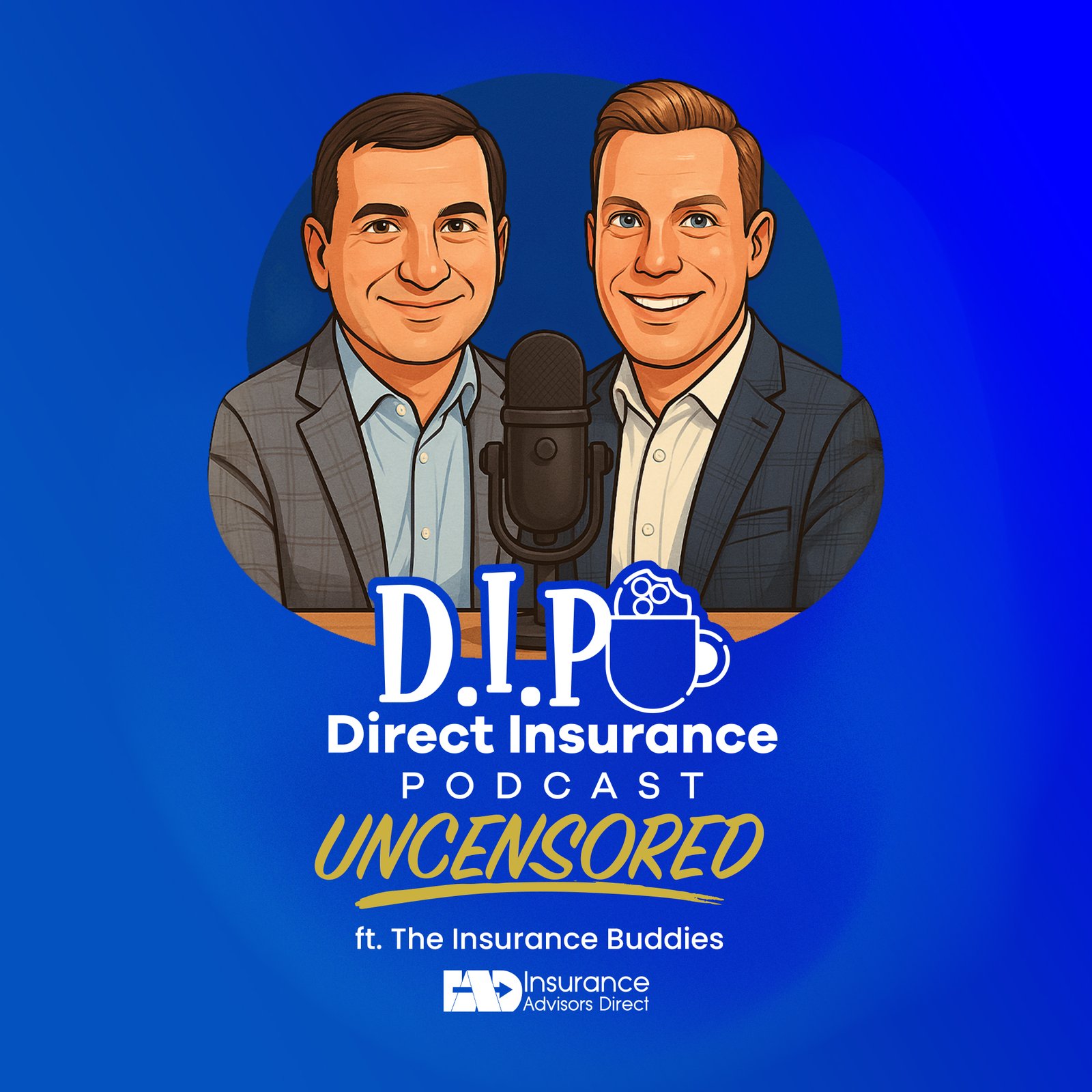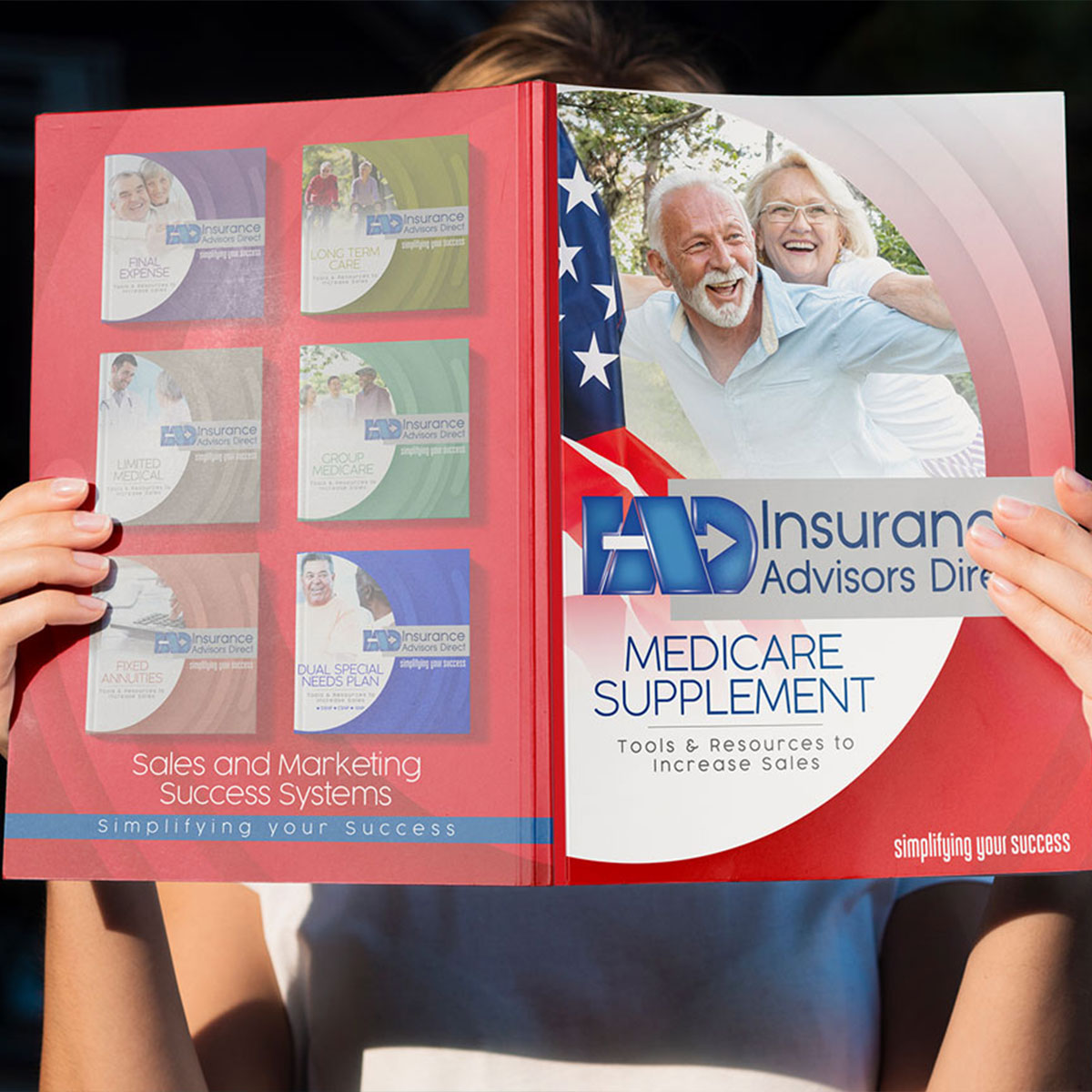
Here’s a Strategic Marketing Program for You!
In today’s competitive insurance landscape, clients seek more than just policies—they desire trusted, knowledgeable advisors. For independent health and life insurance agents, this presents both a challenge and an opportunity. A well-crafted marketing program can help agents attract new clients, build lasting relationships, and stand out in the market.
This guide outlines a strategic approach to effectively market your insurance services, with actionable insights at each step.
Identify Your Target Market
Understanding your audience is the cornerstone of effective marketing. Independent agents typically serve:
-
Individuals and Families seeking personalized, affordable coverage
-
Seniors exploring Medicare options
-
Small Business Owners looking for employee benefits packages
Each group has unique needs. For instance, seniors may have questions about Medicare Advantage vs. Medigap, while business owners prioritize tax-efficient benefits for their employees. By defining these segments and creating detailed personas, you can tailor your marketing to address specific pain points directly.
Quick Tip: If targeting seniors, emphasize trust and clarity in your messaging. For young families, highlight flexibility and affordability.
Build a Standout Brand Identity
Your brand encompasses more than a logo or tagline; it’s the trust you build, the service you provide, and the values you uphold. For independent agents, a clear and relatable brand is key to connecting with clients who may feel overwhelmed by insurance choices.
-
Define Your Brand Personality: Aim for a persona that is friendly, knowledgeable, and transparent.
-
Maintain Visual Consistency: Use a consistent color palette, font, and logo across all platforms to enhance brand recognition.
-
Tailor Visuals to Your Audience: For family health insurance, consider softer colors and family-focused imagery. For Medicare clients, a professional, trustworthy look with simpler designs may be more effective.
Create a Professional Online Presence
Your website serves as your digital storefront and is one of your most important assets. A clear, professional site helps visitors understand your offerings and builds credibility. Key sections should include:
-
About Us: Share your story and convey why you’re the right choice.
-
Services: Clearly outline each type of insurance you offer and what differentiates them.
-
Blog: Provide insights on health and life insurance topics, such as “Top Medicare Questions Answered” or “3 Common Health Insurance Pitfalls.”
In addition to your website, maintain a consistent social media presence. Platforms like LinkedIn and Facebook are effective for reaching your audience. Regularly post helpful tips, answer FAQs, and share relevant articles to establish yourself as a knowledgeable and approachable resource.
Use Content Marketing to Build Trust
Content marketing allows you to educate clients, address common concerns, and position yourself as an expert. Create blog posts, videos, and guides on essential topics like “How Medicare Advantage Differs from Medigap” or “5 Questions to Ask Before Buying Life Insurance.”
Don’t overlook newsletters, which can keep clients informed and engaged. Share industry updates, helpful tips, or success stories that showcase your value.
Example Strategy: Send a monthly newsletter highlighting a relevant topic, such as “Medicare Enrollment Tips” in October or “Family Health Insurance Resolutions” in January. These can prompt clients to take action during key times of the year.
Capture and Nurture Leads
Lead generation involves converting casual browsers into prospective clients. Encourage visitors to share their contact information by offering valuable resources, such as a “Medicare Enrollment Guide” or a free consultation.
After capturing a lead, follow up with targeted emails that align with their interests. Segment your contacts so that Medicare clients receive Medicare content, while family-focused clients receive information on family health plans.
Example: For a lead interested in Medicare, you could send a series of emails covering Medicare basics, followed by an invitation to book a consultation to discuss options in detail.
Leverage CRM to Strengthen Relationships
A Customer Relationship Management (CRM) system helps you track each client’s unique needs, preferences, and interactions. For instance, a client who previously inquired about life insurance for their family may appreciate a heads-up about new affordable plans. CRM tools enable you to manage these details, follow up efficiently, and personalize client interactions.
Real-World Example: Use your CRM to send birthday messages or check-in emails; small gestures that show you care and foster long-term loyalty.
Expand Your Reach with Digital Advertising
Digital advertising can complement your organic efforts by helping you reach more people quickly. Platforms like Facebook and Google Ads allow you to target audiences based on age, location, and interests. Retargeting ads can re-engage visitors who explored your website but didn’t schedule a consultation.
Example Strategy: Run Facebook ads targeting seniors with a free “Medicare Enrollment Guide.” Link the ad directly to a sign-up form on your website to generate a steady stream of leads.
Track Your Key Performance Metrics
Regularly monitoring metrics ensures your efforts are effective. Focus on:
-
Website Traffic: Assess the impact of your content and ads.
-
Email Open and Click-Through Rates: Evaluate the engagement level of your newsletters.
-
Conversion Rates: Determine how many leads become clients.
Additionally, tracking customer lifetime value and client retention rates provides insight into long-term relationship building and client satisfaction. Adjust your strategies based on these metrics to maximize results.
Stay Current with Industry Trends and Best Practices
The insurance industry is dynamic, and staying informed can give you a competitive edge. Regularly attend industry webinars, join professional groups, and invest in continuous learning to stay abreast of the latest developments. Collaborating with other agents can also provide fresh perspectives and referrals.
Example: Participate in local community events, senior fairs, or workshops to connect with potential clients and professionals who could refer clients your way.
Bringing It All Together: Your Strategic Marketing Roadmap
In a rapidly evolving insurance market, a thoughtful, client-focused marketing strategy is essential. By following these steps, independent agents can build a strong, lasting brand, reach new clients, and establish themselves as trusted advisors for years to come.
Need additional assistance, contact us today!









































































































































































